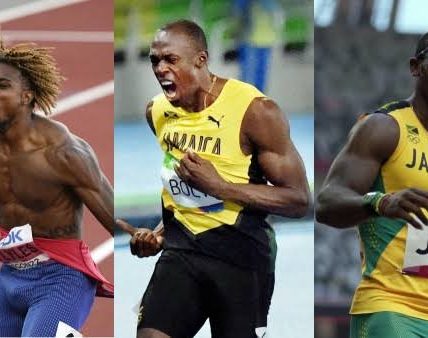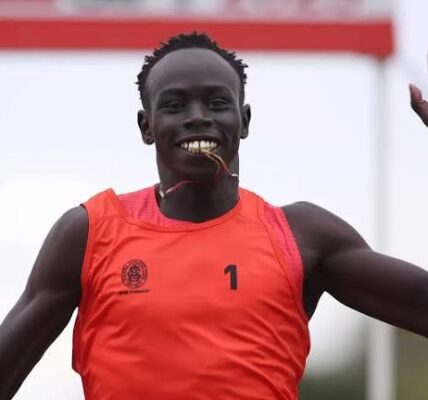Skip to content
Marathon events worldwide have faced significant challenges related to unpaid prize money, leading to cancellations, legal disputes, and widespread dissatisfaction among athletes.

These issues not only tarnish the reputation of the events but also highlight systemic problems within race organization and sponsorship commitments.
Global Instances of Unpaid Prize Money
1. Boston Marathon (2014)
Buzunesh Deba, initially the second-place finisher in the 2014 Boston Marathon, was later declared the winner after the disqualification of Rita Jeptoo for doping.
Despite this, Deba did not receive her $100,000 prize money for several years.
The Boston Athletic Association (BAA) withheld payment, attempting to reclaim the funds from Jeptoo.
This delay prompted a Philadelphia businessman to personally pay Deba, highlighting the financial strain on athletes due to such delays. (wsj.com, people.com, wsj.com).

2. Eldoret City Marathon (Kenya, 2023)
The Eldoret City Marathon, a prominent race in Kenya, was called off in 2023 due to the inability to secure the prize money from the Uasin Gishu County Government.
Race organizer Moses Tanui emphasized the importance of having funds in place before the event to avoid disappointing athletes, a lesson learned from previous years. (the-star.co.ke)
3. Mpumalanga Marathon (South Africa, 2024)
Organizers of the Mpumalanga Marathon faced legal action from athletes due to the non-payment of prize money.
Despite promises, the funds were not disbursed, leading to a class-action lawsuit.
The organizers claimed to be in negotiations with sponsors, but transparency remained an issue. (citizen.co.za)
4. Arewa Radio Marathon (Nigeria, 2021)
Winners of the 2021 Arewa Radio Marathon in Kano State petitioned the Emir of Kano over unpaid prize money.

The organizers had initially promised to pay the winners but later claimed the race was only for Kano residents, a condition not stated in the registration forms.
This led to suspicions of fraud and calls for intervention from local authorities. (thestreetjournal.org, guardian.ng)
5. Lagos City Marathon (Nigeria, 2016)
Athletes who performed well in the 2016 Lagos City Marathon reported non-payment of their prize money.
While international participants received their awards, Nigerian athletes were left unpaid due to pending doping results, as per international regulations.
This situation caused frustration among local competitors and raised questions about the prioritization of international over local athletes. (punchng.com)
6. Gubungano and Orapa Marathons (Botswana, 2024)
Athletes from the Gubungano and Orapa Marathons in Botswana were left unpaid for their performances.
While some local athletes received partial payments, foreign participants were entirely unpaid.
Promises of payments in early months were not fulfilled, leading to dissatisfaction and mistrust among the athletes. (mmegi.bw)
Implications and Athlete Perspectives
The non-payment of prize money has profound effects on athletes, particularly in regions where marathon running is a primary source of income.
Athletes invest significant time and resources into training and competing, often relying on prize money for sustenance and further development.
Delays or non-payment can lead to financial hardship, loss of sponsorships, and diminished trust in event organizers.
In some cases, athletes have taken legal action or sought intervention from local authorities to claim their dues.
For instance, in Nigeria, the Access Bank Marathon faced criticism from NGOs for failing to pay athletes, prompting calls for accountability from sponsors and organizers. (leadership.ng)
Conclusion
The recurring issue of unpaid prize money in marathons underscores the need for greater accountability and transparency in race organization.
Event organizers must ensure that funds are secured before announcing races and that athletes are compensated promptly for their efforts.
Failure to do so not only harms the athletes but also damages the integrity and reputation of the sport. Stakeholders, including sponsors, governing bodies, and local authorities, must collaborate to establish and enforce standards that protect the interests of athletes and uphold the values of fair competition.







